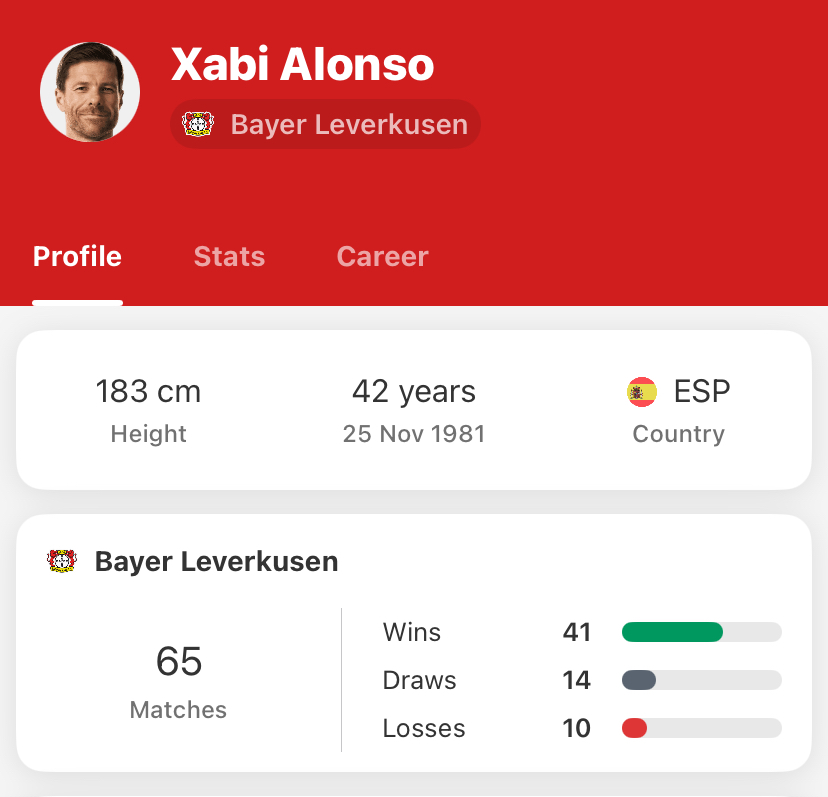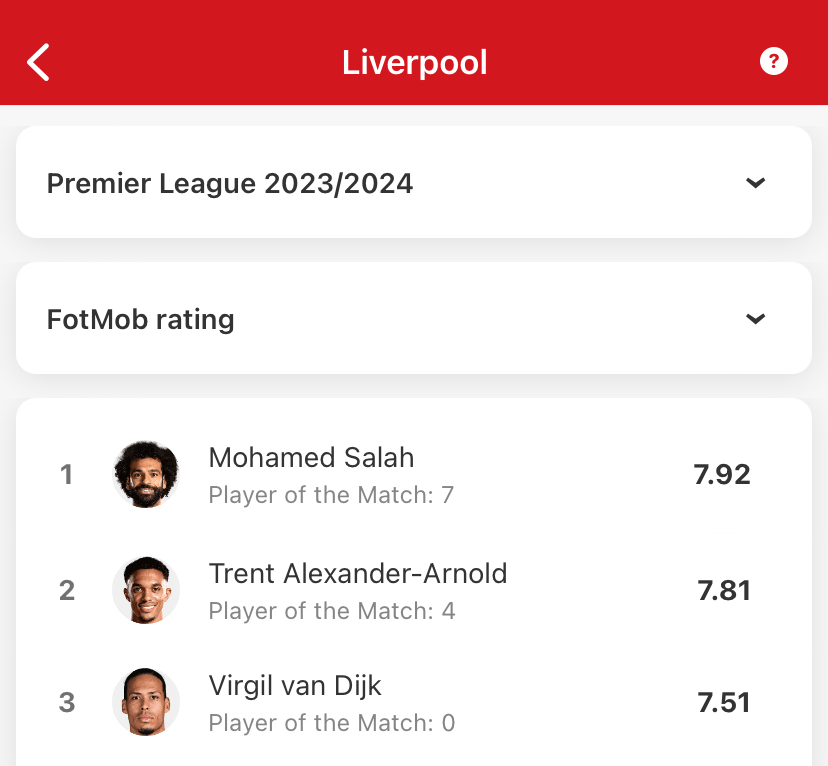The news that Jürgen Klopp will leave Liverpool at the end of the season has left owners Fenway Sports Group with a host of key issues to solve, in order to avoid a serious decline.
With the dust settling after Jürgen Klopp’s shock announcement, Liverpool fans are left to ponder life without not only the legendary manager, but also his most influential supporting cast.
Joining Klopp through the exit door this summer will be assistants Peter Krawietz and Pepijn Lijnders, as well as elite development coach Vitor Matos. Sporting director Jörg Schmadtke has already departed on the close of the winter transfer window.
It leaves owners Fenway Sports Group will a mammoth task in not only replacing Liverpool’s most successful manager in living memory, but effectively overseeing a wholesale restructure of the club from the dugout to the boardroom.
Klopp will, at least, leave the squad in excellent shape, with a chance he rounds off his almost nine years on Merseyside with four more trophies come the season’s end. But there are major question marks over the continuity of Liverpool’s personnel on the pitch as a result of his departure, too.
Here are five huge issues FSG need to solve following the news that Klopp will leave Liverpool.
- The next manager
The obvious starting point is who replaces Klopp, which is on one hand fairly straightforward but also a daunting task for whoever is ultimately appointed.
Xabi Alonso is considered the front-runner at this early stage, and it seems likely that contact will have already been made with a manager who is excelling in his first senior role at Bayer Leverkusen and has an established affinity with Liverpool as a club and a city.

Other names seen as in the frame are Brighton’s Roberto De Zerbi, Tottenham’s Ange Postecoglou, Brentford’s Thomas Frank, Sporting CP’s Ruben Amorim and Germany national team coach Julian Nagelsmann.
All fit the same brief: young, ambitious, proven to a degree and capable of fitting into Liverpool’s established structure on and off the pitch.
None possess the same pedigree and sheer presence that Klopp did when he arrived on the back of glory at Borussia Dortmund – nor, even, the alternative back in 2015, Carlo Ancelotti – but FSG’s data-driven approach to recruitment has paid off in the past.
- A sporting director
It has already been suggested that FSG will look to replace Schmadtke before any final decision is made on Klopp’s successor, and it stands to reason that this would be the case.
While the club’s most recent sporting director effectively worked under Klopp, the idea has always been for the role to be in collaboration – or even above – the manager, in charge of all areas of recruitment.
Early contenders for the position include West Ham’s Tim Steidten – who held talks with Liverpool prior to Schmadtke’s arrival on a short-term role last summer – along with Bournemouth’s Richard Hughes and former Southampton, Tottenham, RB Leipzig and Monaco chief Paul Mitchell.
It is almost impossible to measure the calibre of a sporting director from an outside perspective, but a strong, driven character with an appreciation of data and a heavy contacts book is essential.
- Key contracts: Van Dijk, Salah, Trent and more
Even before the news of Klopp’s imminent exit, there was a growing sense of it being a pivotal stage when it comes to the futures of three of the manager’s most important players.
Captain Virgil van Dijk, vice-captain Trent Alexander-Arnold and leading goalscorer Mohamed Salah are all into the final year-and-a-half of their deals, and uncertainty over the club’s future has led to any negotiations being stalled.
Regardless of who is brought in, as manager or sporting director, there is no chance Liverpool would look to part ways with any of those three players if they could avoid it.
But all three of Van Dijk, Alexander-Arnold and Salah will require assurances of the club’s direction before they commit any more of their careers to Anfield.

- Transfer plans
Klopp’s decision to leave at this stage was partly informed by his belief that Liverpool are on an upward curve and in a healthy position for any successor to take over.
After a summer rebuild that saw Dominik Szoboszlai, Alexis Mac Allister, Ryan Gravenberch and Wataru Endo arrive and old heads such as Jordan Henderson, James Milner and Fabinho depart, there is a sense that the squad that Klopp dubbed ‘Liverpool 2.0’ are ahead of where they were expected to be.
Still, further change will be required in the summer ahead, both in terms of incomings and outgoings, and as it stands plans for the next transfer window will be fronted by FSG president Mike Gordon and director of research William Spearman.
Unless Liverpool opt for the hands-off, head coach model, any manager replacing Klopp will want the last say on any players coming in or going out, while a sporting director is needed for negotiations over signings, sales and contracts.
There are still months to go before the window opens, of course, but Liverpool would typically have their priority targets set by this point – that will, unfortunately, be impossible until key staff roles are filled.
- What about the academy?
Klopp’s success at Liverpool will undoubtedly be measured in trophies won, but his lasting legacy should arguably be considered to be the progress made at academy level.
In his final season alone, the German has seen Jarell Quansah, Conor Bradley and Ben Doak emerge as genuine options for a first-team squad that includes Alexander-Arnold, Curtis Jones, Stefan Bajcetic and Caoimhin Kelleher as long-term staples.
Bobby Clark, Kaide Gordon, Luke Chambers, Calum Scanlon, Owen Beck and Trey Nyoni are among those who have also been involved and can be viewed as part of Liverpool’s future.
It has taken almost a decade, in tandem with academy director Alex Inglethorpe, but a devotion to giving lasting opportunities to youth is clearly paying off.
But that is all thrown into doubt with the departures of Klopp, Lijnders and perhaps most importantly,Matos, who served as the link between Liverpool’s academy and first team.
Inglethorpe will be key to assuring this continues, but the club’s hierarchy must ensure any appointment as manager or sporting director be aligned with this vision.
If not, FSG risks undoing the tireless work that stands to save them hundreds of millions in the transfer market going forward.